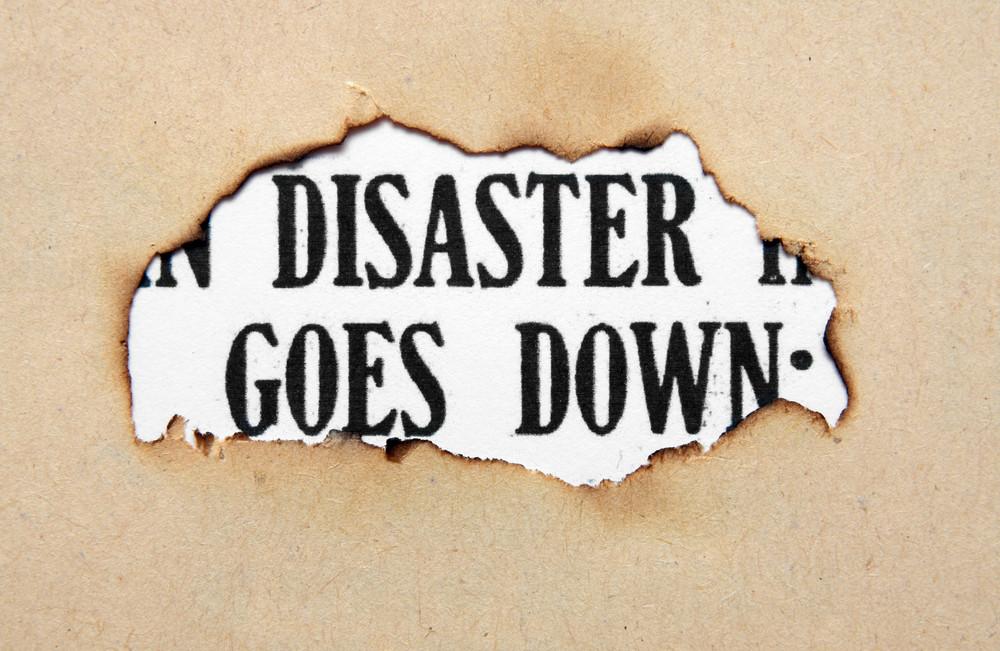If you’re a homeowner, it goes without saying that you want to keep your home safe. In the United States, every 23 seconds, a fire department responds to a fire somewhere in the nation. If you’re not sure exactly how to keep your home safe from fire hazards, read on to learn more about how you can protect your property.
Install Smoke Alarms
Don’t neglect your smoke alarms. They increase your family’s chance of surviving a fire. This is why you should have several installed throughout your home. Most fires start in the kitchen, although you might be surprised to know that they usually begin on stovetops, not in the oven. Never leave food frying, cooking, or grilling on your stovetop. Make sure the vents on your microwave are not obstructed and remove any cloth such as paper towels, curtains, or tea towels near your store.
Take Safety Measures for Home Heating Equipment
Heating equipment, like space heaters, is involved in many fires, especially during the colder months. Keep anything that gives off heat far from flammable materials or items. Don’t plug more than one heating appliance into an outlet. Also, always keep your portable gas generators outside and away from the windows, so you aren’t risking carbon monoxide poisoning.
Have a professional check and clean your chimney at least once a year. Cover it with a glass or metal screen that is large enough to prevent embers from escaping. Never leave heating appliances plugged in or candles burning while you’re asleep in another room or when you leave your home.
Perform Proper Maintenance on Electronics and Outlets
Your electrical outlets power most of the appliances in your home and should be prioritized on your inspection list. When you’re checking them, pay attention to signs they are worn down or overloaded. Try to designate appliances to their own outlets and only use extension cords for harder-to-reach ones.
Although it might be aesthetically pleasing, try to avoid putting extension cords below your rugs. Also, unplug your electronics whenever they’re not being used, and remember that items like computers and televisions can overheat and need space from anything potentially flammable.
Consider Backyards, Basements, and Other Storage Spaces
Your basement, garage, and even your yard can present hazards. There are areas you might be overlooking in your home that can be some of the most dangerous places for fires. Avoid cluttering any of your storage space, especially near your heater or furnace.
Crossing Pipelines with Proper Safety Techniques
From a fire safety perspective, crossing pipelines may pose a risk if not done correctly, as it could lead to a pipeline rupture, which could result in a hazardous material spill or even an explosion.
However, the risk can be minimized if the crossing is done using methods such as horizontal directional drilling (HDD), which involves drilling a small pilot hole and then enlarging it to accommodate the pipeline. In addition to protecting your home from fire hazards, it is also essential to be aware of the potential consequences of a fire.
Pursue Damages in a Personal Injury Case
Accidents happen, and you might fall victim to a fire due to someone else’s negligence. If that is the case, you may be able to pursue damages in a personal injury case. You may be able to pursue two kinds of damages: economic and non-economic. Economic damages are tangible losses, such as medical expenses, damage to your property, and wages lost from being unable to work.
With proper precautions and knowledge of your legal rights, you can take steps to protect your home and your family from fire hazards. Don’t neglect fire safety. Taking the time to learn about the proper precautions can save your life.




